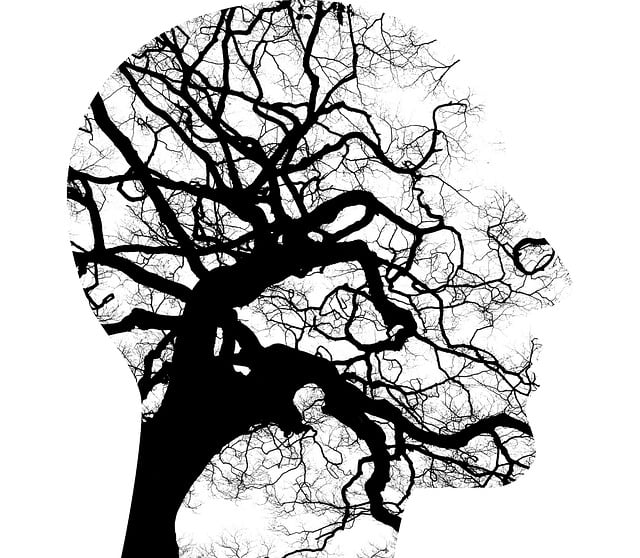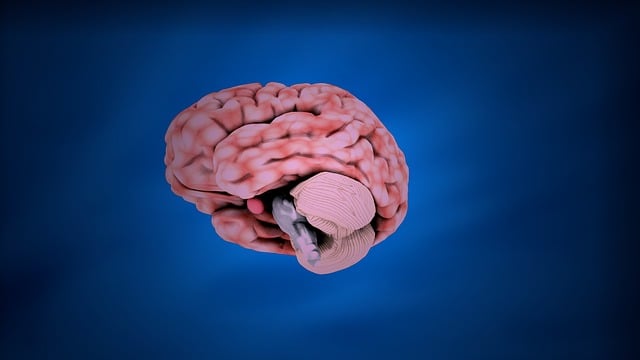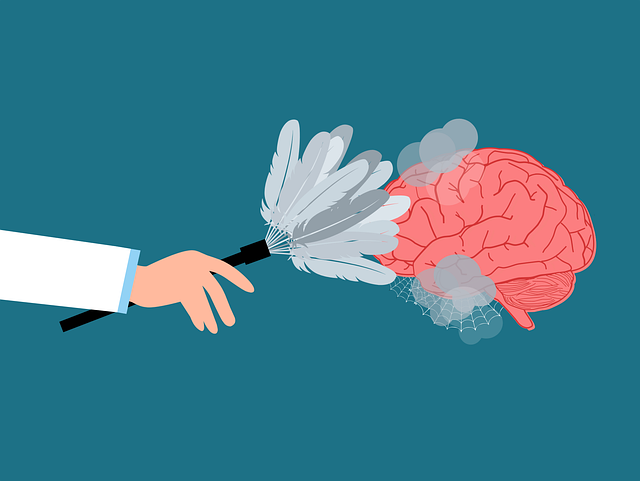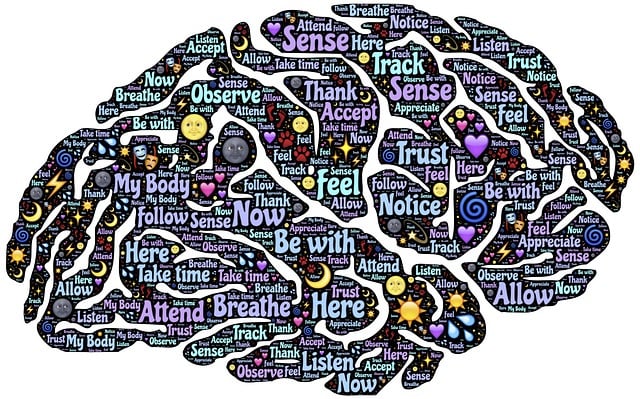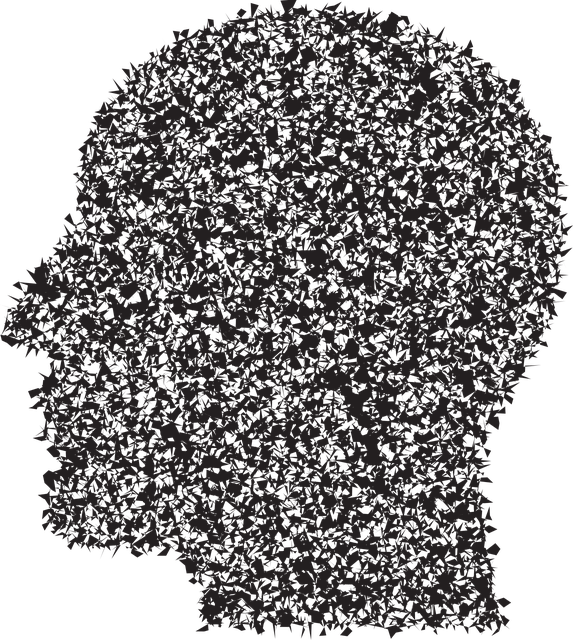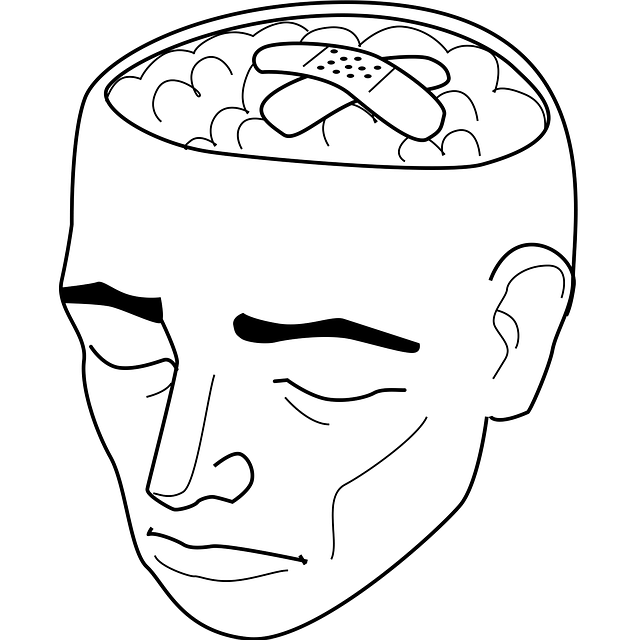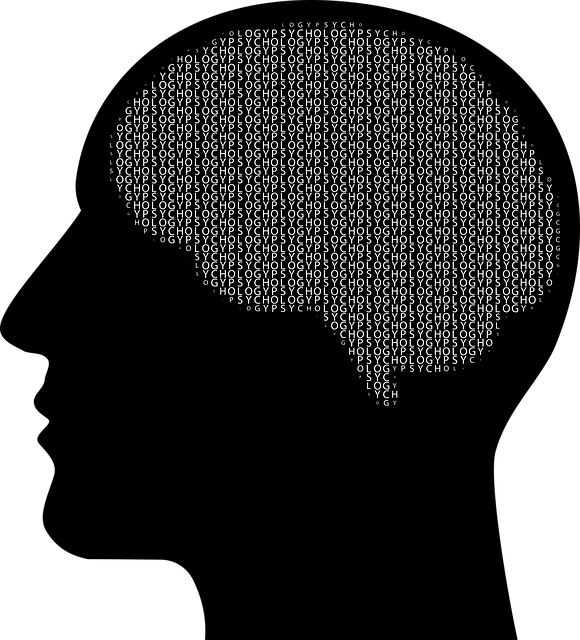Community Outreach Programs, particularly tailored for Parker Oppositional Defiance Disorder (ODD) Therapy, are vital in addressing mental health disparities among vulnerable populations. These programs bridge healthcare gaps by offering education, crisis support, and cultural competency training to empower individuals and reduce stigma. For ODD, specialized therapy integrated into community activities like sports or arts can effectively manage symptoms. Strong partnerships with schools, organizations, and families enable early intervention and culturally sensitive practices. Evaluating these programs through behavior improvements, communication skills, and anxiety reduction metrics ensures their success and potential to revolutionize ODD therapy accessibility and outcomes.
Community outreach programs play a vital role in addressing mental health challenges, particularly among at-risk youth. This article explores strategies to combat Parker Oppositional Defiance Disorder (ODD) through targeted interventions. We delve into designing effective outreach strategies, fostering partnerships with schools and organizations, and evaluating success metrics. By understanding the unique needs of ODD therapy, communities can create sustainable support systems that enhance mental well-being for young individuals. Discover how these initiatives revolutionize care and improve outcomes for those facing this complex disorder.
- Understanding Community Outreach Programs: Their Role in Mental Health Support
- Parker Oppositional Defiance Disorder (ODD): Recognizing the Challenge and Need for Specialized Therapy
- Designing Effective Outreach Strategies for At-Risk Youth with ODD
- Building Partnerships: Collaborating with Local Schools, Organizations, and Families
- Measuring Success: Evaluating the Impact of Community Outreach Programs for ODD Therapy
Understanding Community Outreach Programs: Their Role in Mental Health Support

Community Outreach Programs play a pivotal role in enhancing mental health support, especially for vulnerable populations often overlooked within society. These initiatives are designed to bridge the gap between healthcare services and communities, ensuring that essential resources reach those who need them most. By implementing programs focused on mental health education, crisis intervention, and cultural competency training (for healthcare providers), organizations can foster a supportive environment and improve access to care.
For instance, tailored therapy sessions like Parker Oppositional Defiance Disorder (ODD) Therapy benefit youth and families within the community setting. This approach not only addresses specific mental health challenges but also educates caregivers and peers on effective coping strategies. Such programs empower individuals to take charge of their mental well-being while fostering a sense of belonging and understanding, ultimately reducing stigma associated with seeking help.
Parker Oppositional Defiance Disorder (ODD): Recognizing the Challenge and Need for Specialized Therapy

Parker Oppositional Defiance Disorder (ODD) presents a unique challenge for communities and healthcare providers alike. Recognizing and addressing ODD requires specialized therapy tailored to the individual’s needs, as it often co-occurs with other mental health conditions. The impact of ODD can be significant, affecting not only the child or adolescent struggling with the disorder but also their families and the wider community. Public awareness campaigns play a crucial role in development by educating the public about ODD, its signs, and available treatment options, fostering an environment conducive to early intervention and support.
Understanding ODD involves recognizing its distinct characteristics, such as frequent arguments with authority figures, active defiance, and annoying behavior. While stress reduction methods can be beneficial for managing symptoms, specialized therapy is essential for long-term success. Self-care routine development for better mental health is a key aspect of treating ODD, empowering individuals to manage their conditions effectively and improve overall well-being.
Designing Effective Outreach Strategies for At-Risk Youth with ODD

Designing effective outreach strategies for at-risk youth with ODD (Parker Oppositional Defiance Disorder) requires a multifaceted approach. Community organizations can play a pivotal role in identifying and addressing the unique challenges faced by these individuals. One key strategy is to integrate evidence-based therapy models, such as cognitive-behavioral therapy, into engaging extracurricular activities. For instance, organizing sports leagues or arts programs that incorporate therapeutic techniques can foster social skills development while teaching healthy coping mechanisms for stress management.
Additionally, incorporating self-care practices and burnout prevention strategies tailored for at-risk youth is essential. Stress Management Workshops Organization can facilitate these initiatives by offering educational sessions on topics like emotional regulation, mindfulness, and time management. By empowering young people with tools to navigate their emotions and prevent burnout, community outreach programs can contribute significantly to their overall well-being, reducing the risks associated with ODD and promoting positive growth.
Building Partnerships: Collaborating with Local Schools, Organizations, and Families

Building strong partnerships with local schools, organizations, and families is a cornerstone of successful community outreach programs, particularly when focusing on mental health initiatives like Parker Oppositional Defiance Disorder (ODD) Therapy. Collaborating with schools allows for early intervention and prevention strategies to be integrated into educational settings, fostering a supportive environment for students’ social and emotional well-being. Organizations and families play a pivotal role in amplifying the reach of these programs by providing access to diverse communities and offering valuable insights into specific cultural needs and challenges.
By partnering with local entities, mental health professionals can implement evidence-based practices such as Mindfulness Meditation and Stress Reduction Methods tailored to the unique circumstances of each community. This collaborative approach not only enhances the effectiveness of therapy but also promotes better risk management planning for mental health professionals through shared resources and knowledge. Such partnerships are essential in fostering a holistic understanding of mental health issues, ensuring that services are accessible, culturally competent, and sustainable within the community.
Measuring Success: Evaluating the Impact of Community Outreach Programs for ODD Therapy

Evaluating the success of community outreach programs designed to offer ODD therapy is crucial for understanding their true impact on affected individuals and families. Measuring success goes beyond simply counting attendees; it requires a multifaceted approach that captures both short-term and long-term outcomes. By incorporating metrics such as improved behavior at home and school, enhanced communication skills, and reduced anxiety levels, we gain valuable insights into the effectiveness of these initiatives.
Mental health education programs within these outreach efforts play a pivotal role in fostering better understanding and reducing stigma. Equally important are burnout prevention strategies for healthcare providers, ensuring they can sustain their support over time. When designed with these considerations in mind, community outreach programs have the potential to revolutionize ODD therapy by providing accessible and impactful interventions that resonate with diverse communities, ultimately contributing to improved mental health outcomes.
Community outreach programs play a pivotal role in providing mental health support, particularly for at-risk youth with conditions like Parker Oppositional Defiance Disorder (ODD). By implementing tailored strategies and fostering partnerships with schools, organizations, and families, these programs can significantly enhance access to specialized ODD therapy. Measuring success through evaluation ensures the impact is lasting and positive, guiding further improvements in community care. This collaborative approach not only addresses immediate needs but also contributes to a more robust mental health landscape for future generations.



